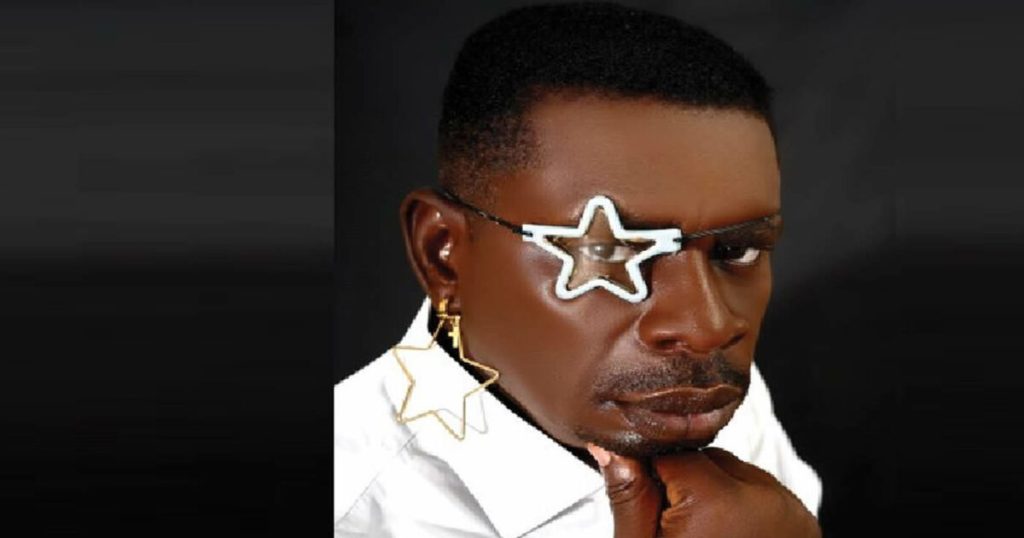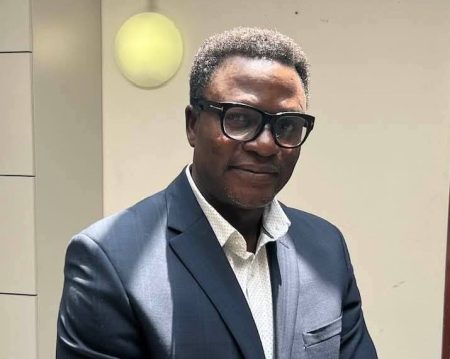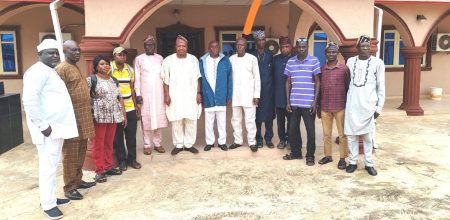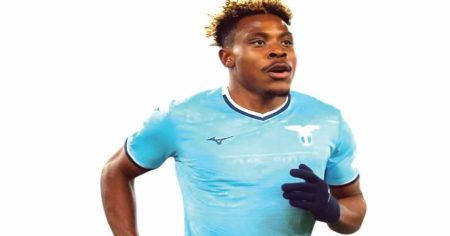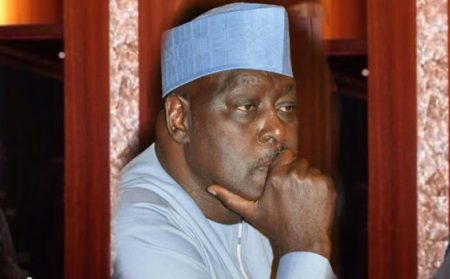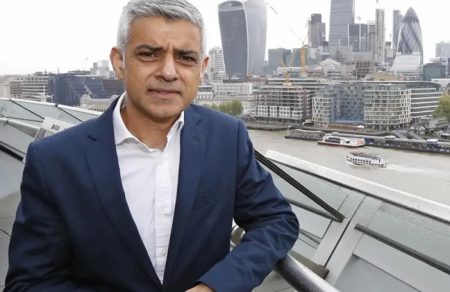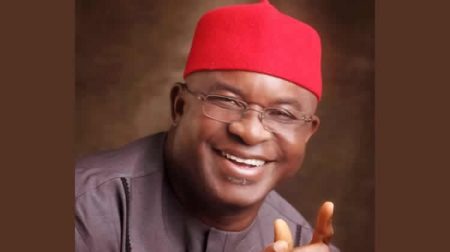Baba Fryo, the Nigerian musician renowned for his 90s hits, unveils a life intertwined with music and a passion for sports, particularly boxing. His musical journey began in boarding school, entertaining friends on Fridays, a ritual that ignited a lifelong pursuit. Encouraged by a friend’s musical endeavors, Baba Fryo embarked on his own path, ultimately finding fame before his peer. While music dominated his aspirations, Baba Fryo’s youth also saw him excel in athletics, notably as a sprinter, winning competitions during his school days. Although acknowledging his athletic prowess, music remained his true calling, relegating sports to a pastime.
Among his sporting interests, combat sports like wrestling and boxing hold a special allure, contrasting with a general disinterest in other sports. He reserves admiration for boxing legends like Mike Tyson and Muhammad Ali, hailing their contributions to the sport’s popularity and entertainment value. Muhammad Ali, with his iconic “float like a butterfly, sting like a bee” style, stands out as Baba Fryo’s pick for the greatest boxer of all time, a testament to Ali’s exceptional skills and captivating performances. While supportive of his children’s pursuits, regardless of their chosen paths, Baba Fryo emphasizes the importance of mature decision-making, mirroring his own dedicated pursuit of music.
Turning to the Nigerian sporting landscape, Baba Fryo expresses disappointment in the government’s lack of investment, extending beyond sports to the wider entertainment industry. He laments the perceived disconnect between the government and the masses, emphasizing the need for continued advocacy until concerns are addressed. If given the opportunity to dine with a sports figure, Jay-Jay Okocha, the Nigerian football legend, tops Baba Fryo’s list, driven by a desire to discuss Okocha’s illustrious career, particularly his time in the German Bundesliga. Baba Fryo’s support for the Super Eagles stems from national pride rather than an avid interest in football, highlighting his patriotism.
Regarding the Super Eagles’ potential for success in the African Cup of Nations (AFCON) and the World Cup, Baba Fryo stresses the importance of team unity and the avoidance of internal politics. He believes that with the right coach, personnel, and a cohesive team spirit, the Super Eagles can reach their full potential and achieve victory. Within the Nigerian boxing scene, Baba Fryo acknowledges several notable figures, including Bash Ali, Hogan Bassey, Samuel Peter, Dick Tiger, and Jeremiah Okorodudu, with Hogan Bassey holding a special place in his esteem.
Baba Fryo’s perspective on Anthony Joshua, a prominent figure in contemporary boxing, reflects a blend of appreciation and expectation. He acknowledges Joshua’s impressive record and two world title wins but emphasizes the need for further accomplishments to solidify his place among the all-time greats. Reclaiming and retaining the title for a third time, Baba Fryo suggests, would further cement Joshua’s legacy. This interview reveals Baba Fryo not just as a musician but as a keen observer of sports, particularly boxing, with strong opinions about the sporting landscape in Nigeria and beyond.
The Nigerian singer’s love for boxing and his admiration for legends like Muhammad Ali and Mike Tyson underscores his appreciation for the sport’s history and entertainment value. His critique of the government’s lack of investment in sports highlights a broader concern about the state of the entertainment industry in Nigeria. Baba Fryo’s conditional support for the Super Eagles, contingent on their ability to overcome internal politics and unite as a team, reflects a pragmatic view of the challenges facing Nigerian football.
Beyond his musical career, Baba Fryo emerges as a voice advocating for greater support for sports and entertainment in Nigeria. His perspectives on athletes, both past and present, reveal a nuanced understanding of their achievements and the factors that contribute to their success. His emphasis on team unity and the avoidance of internal politics resonates with broader discussions about leadership and the importance of collective effort in achieving common goals.
Baba Fryo’s admiration for Jay-Jay Okocha and his interest in discussing Okocha’s experiences in Germany highlight the importance of mentorship and learning from the experiences of those who have achieved success in their respective fields. His comments on Anthony Joshua’s career reflect a balanced perspective, acknowledging his accomplishments while also challenging him to strive for greater heights.
In conclusion, Baba Fryo’s interview provides insights into the multifaceted nature of his interests, extending beyond music to encompass sports, particularly boxing. His perspectives on the sporting landscape, both in Nigeria and internationally, reveal a critical eye and a desire for greater investment and support for athletes and the entertainment industry as a whole. His admiration for sporting legends and his nuanced views on contemporary athletes provide a glimpse into his understanding of the factors that contribute to success in the world of sports.





